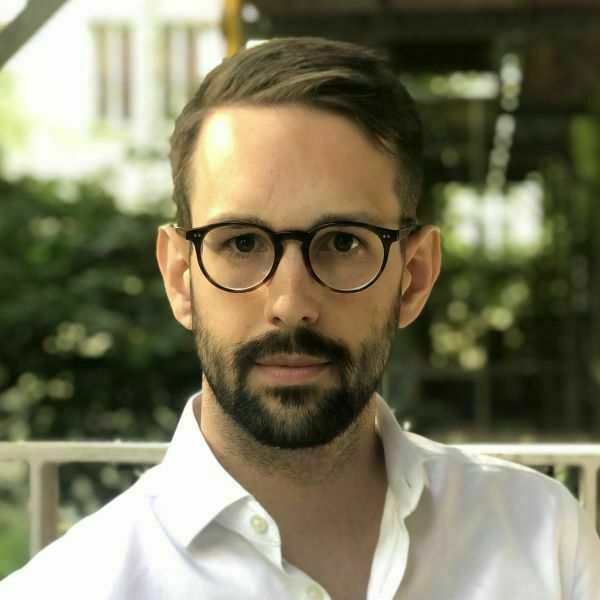Christopher Benzenberg

Visit: February 17 - March 10, 2024
Discipline: Philosophy
Project Title: Room for Choice: Kant’s Notion of a Hypothesis in General
Affiliation: University of Cambridge
Host: Alix Cohen
I am a Ph.D. candidate in Philosophy at the University of Cambridge. Before coming to Cambridge, I obtained a B.Phil. in Philosophy from the University of Oxford and a B.A. in Philosophy and Cultural Studies from the Humboldt University of Berlin. My research covers a range of topics in Kant’s epistemology, metaphysics, ethics, and metaethics.
While at Notre Dame, I pursue a research project on Kant’s epistemology, focusing on his often-overlooked theory of hypotheses. In his writings, Kant introduces various different types of hypotheses, such as scientific, practical, and polemic hypotheses. But it is unclear what all these types of hypotheses, qua hypotheses, have in common for Kant. How does Kant define a hypothesis in general? In addressing this question, I seek to isolate two necessary and jointly sufficient conditions for a hypothesis in general. According to Kant, hypotheses (i) require a perceived lack of conclusive evidence, and (ii) stand under our direct voluntary control. Moreover, I aim to show that, for Kant, the two conditions mutually entail each other: we have direct voluntary control over our assent iff we perceive our assent as lacking conclusive evidence. This project has several important implications. First, despite its disjointed appearance, Kant’s theory of hypotheses turns out to be unified by the notion of free assent from inconclusive evidence. Moreover, since most evidence is inconclusive, most kinds of assent — including opinion and faith — qualify as hypotheses for Kant. Finally, it follows that Kant’s epistemic voluntarism extends much further than is usually assumed.
Email: cpb67@cam.ac.uk